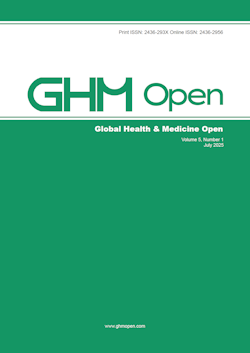Unfinished business: Lessons for future G20 meetings on a more inclusive understanding of universal health coverage
Ishizuka A, Chiba M, Iso H, Katsuma Y
The Group of 20 (G20) Osaka Summit in 2019 was a large step forward for global health diplomacy to build consensus on universal health coverage (UHC). To strengthen multi-stakeholder UHC partnership, Japan involved the research and policy advice network for G20 (Think 20: T20), civil society (Civil 20: C20), private initiatives of medical professional groups (H20), and the pharmaceutical sector. We attempted to identify UHC-related issues addressed and left unaddressed at the G20 Osaka, to bring lessons for future G20. We reviewed the G20 Osaka Leaders' Declaration, policy-related statements, and voices of the relevant G20 engagement groups and sectors. In July 2019, after the G20 Osaka Leaders' Summit, we organized an expert meeting convening Japan-based UHC-related key global health stakeholders. This review provides record of main findings presented in form of classifying the voices expressed in the meeting by UHC-related topics, and definitional ranges of UHC summarized. The T20, H20, and the pharmaceutical sector noted during our expert meeting that the ministerial-level health-finance collaboration was one of the key agendas suggested at the G20. T20 and C20 called for a recognition of health needs of refugees, migrants and other vulnerable groups in achieving UHC. Sexual and reproductive health and rights (SRHR) with a human rights-based approach through UHC was raised by the C20 as an issue unaddressed in G20 Osaka. Variation in operative purposes between global health stakeholders led to a definitional difference in the scope of UHC. The definitional difference could delay progress of UHC attainment. Addressing migrant and refugee health and SRHR within the context of UHC is further needed. Understanding perspectives of various stakeholders will become increasingly important to wellcoordinate multi-actor cooperation with adequate social responsibility and transparency in UHC achievement and public-private partnership. In future G20, for UHC in the COVID-19 pandemic and post-pandemic worlds there is need of i) ensuring an integrated yet comprehensive multi-stakeholder approach towards UHC; ii) incorporating important dimensions such as the marginalized population and gender; and iii) ensuring adequate investments toward health information systems and governance to track health data for the vulnerable population and gender-responsive financing.







